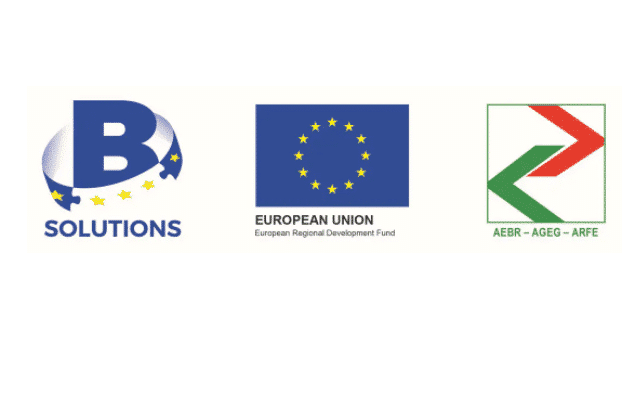Background of the Project
euPrevent was invited to apply for the fourth call for proposals under the b-solutions initiative. The general objective of b–solutions is to identify and promote sustainable methods of resolving border obstacles of a legal and/or administrative nature along EU internal land borders.
The proposal by euPrevent, together with GGD Zuid Limburg (NL) and Sciensano (BE), is assigned the support of legal experts with knowledge of cross–border instances. Specifically, we will receive support of a legal expert on the obstacle of applying the GDPR and national legislation in cross-border public health cooperation.
euPrevent acknowledges that the GDPR is a good instrument, protecting European citizens’ privacy in various settings such as in healthcare. At the same time, most often, public health organisations including the authorities face severe difficulties in aligning national GDPR implementing legislation across Member States in the context of cross-border cooperation. That complicates the successful execution of projects aimed at enhancing health and wellbeing in these border region.
Accurate data provides a solid basis for issuing guidance on how to best respond to the COVID-19 pandemic. Currently, we lack comparable data on the prevalence of COVID-19 and preventive behaviours (e.g. social distancing). Increasing our understanding of the current situation based on this data will provide insight into our next steps in mitigating the impact of COVID-19. Moreover, it will give an important insight into the effects of COVID-19 in a Euroregion.
The differences in national implementation of the GDPR (e.g. in Belgium the law of 30 July 2018) among member states, and the (lack of) other national or bilateral legislation prevents that joint controllers (as defined in the GDPR) located in different member states can in fact jointly be in control (legally, not even practically) of citizens’ contact data. That is why we faced several challenges in the COVID projects that we are conducting in the border regions (Belgium, Germany and the Netherlands).


